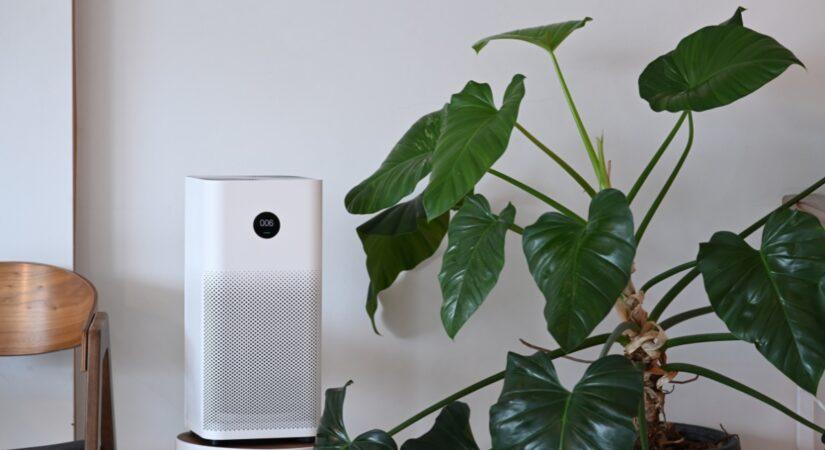Quality Air: Setting Your Home Up For Success
When it comes to owning and maintaining a home, it can be easy to overlook the quality of the air we breathe in on a daily basis. However, the air we breathe in our homes can impact our health and overall well-being. From allergies to respiratory issues, poor air quality can have a range of negative effects. Here are some tips to help you set up your home for success and achieve better indoor air quality.
Invest in an Air Purifier
One of the best ways to improve indoor air quality is to invest in an air purifier. Air purifiers work by removing harmful particles and pollutants from the air such as dust, allergens, and even bacteria. When choosing an air purifier, consider the size of the room it will be used in and the type of filter it uses. HEPA filters are the most common type of filter and can capture particles as small as 0.3 microns.
Regularly Change Air Filters
Another easy way to improve your home’s air quality is by regularly changing your HVAC air filters. Filters collect dust and debris over time which can reduce the effectiveness of your HVAC system and negatively impact air quality. At minimum, filters should be changed every three months. If you have pets or allergies, it’s recommended to change your filters more often.
Proper Ventilation
Proper ventilation is key to maintaining quality indoor air. Make sure your home has proper airflow through air vents, windows, and doors. Consider adding exhaust fans in areas where moisture builds up such as the bathroom and kitchen. Open windows on mild weather days to allow for fresh air to circulate throughout the house. It is also recommended to have a professional inspect your HVAC system to make sure it is functioning effectively.
Control Humidity
Another factor that can impact indoor air quality is humidity. High humidity levels can lead to mold and mildew growth, which can negatively impact air quality. Consider using a dehumidifier in areas of the home where moisture builds up to control humidity levels and reduce the risk of mold growth.
Clean Carpets and Upholstery
Carpets and upholstery can easily collect and trap allergens and dust which negatively impact air quality. Make sure to regularly clean and vacuum carpets and upholstery to reduce the amount of dust and debris in your home.
Handling Wild Fire Smoke
It’s also important to consider the impact of external factors on indoor air quality, such as forest fires. Central Oregon is no stranger to wildfires during summer months, and the resulting smoke can have a significant impact on air quality both outside and inside the home. While it can be challenging to control what’s happening outside, taking steps to improve indoor air quality can help minimize the effects of smoke, such as using an air purifier designed for smoke or keeping windows and doors closed during times of heavy smog. It’s important to stay aware of air quality alerts and guidance during wildfire seasons, and monitoring indoor air quality levels can provide extra protection for you and your family.
In conclusion, setting your home up for success when it comes to indoor air quality doesn’t have to be difficult. By investing in an air purifier, regularly changing air filters, proper ventilation, controlling humidity, and cleaning carpets and upholstery, you can improve the quality of the air you breathe and improve your overall health and well-being. Make sure to consult with professionals, such as HVAC technicians and air quality specialists, to ensure the best results for your home.



